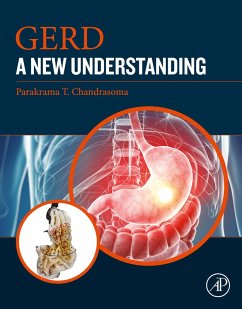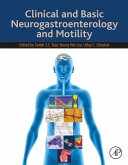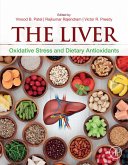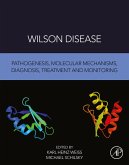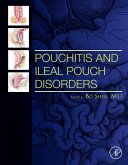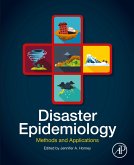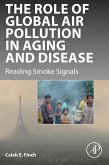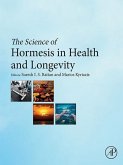GERD: A New Understanding of Pathology, Pathophysiology, and Treatment transforms the assessment of gastroesophageal reflux disease (GERD) from its present state, which is largely dependent on clinical definition and management, to a more objective scientific basis that depends on pathologic assessment. Sequential chapters in this single-author book describe the fetal development of the esophagus, the normal adult state, and the way exposure to gastric juice causes epithelial and lower esophageal sphincter damage at a cellular level. It allows recognition of the pathologic manifestations of lower esophageal sphincter damage and develops new histopathologic criteria for quantitating such damage. This understanding provides new pathologic criteria for definition and diagnosis of GERD from its earliest cellular stage. Algorithms based on measurement of sphincter damage can identify, even before the onset of clinical GERD, persons who will never develop GERD during life, those who develop GERD but remain with mild and easily controlled disease, and those who will progress to severe GERD with failure to control symptoms, Barrett esophagus and adenocarcinoma. Aggressive early intervention in the last group with the objective of preventing disease progression to its end points of uncontrolled symptoms and adenocarcinoma becomes feasible.
- Provides a new method of assessment of GERD that has never previously been presented, creating a pathway to control
- Describes a new pathologic test based on standard histology that can define lower esophageal sphincter damage
- Sequential chapters outline the way GERD progresses from the perspective of the amount of damage to the lower esophageal sphincter
- Provides new avenues of clinical research and technologic innovations in pathology and treatment aimed at preventing esophageal adenocarcinoma
Dieser Download kann aus rechtlichen Gründen nur mit Rechnungsadresse in A, B, BG, CY, CZ, D, DK, EW, E, FIN, F, GR, HR, H, IRL, I, LT, L, LR, M, NL, PL, P, R, S, SLO, SK ausgeliefert werden.

